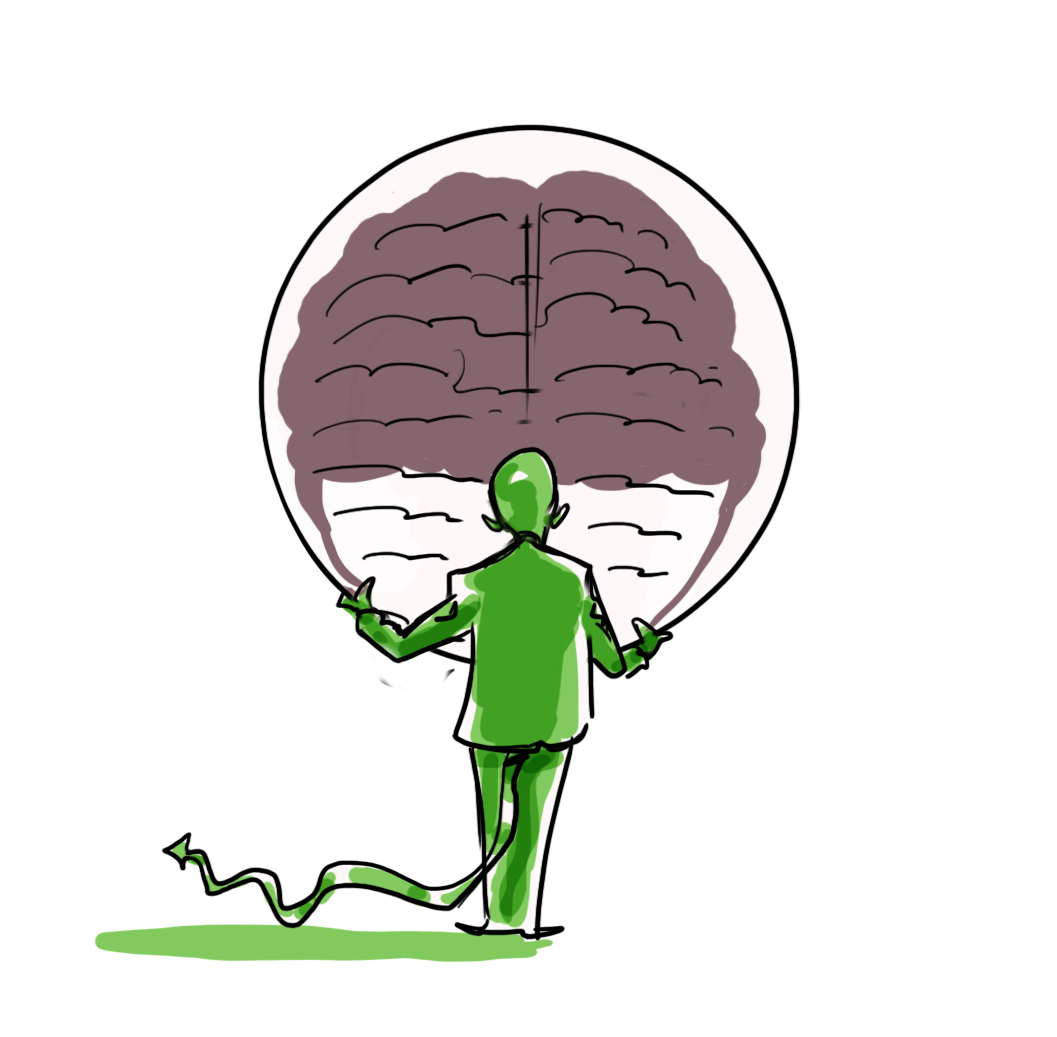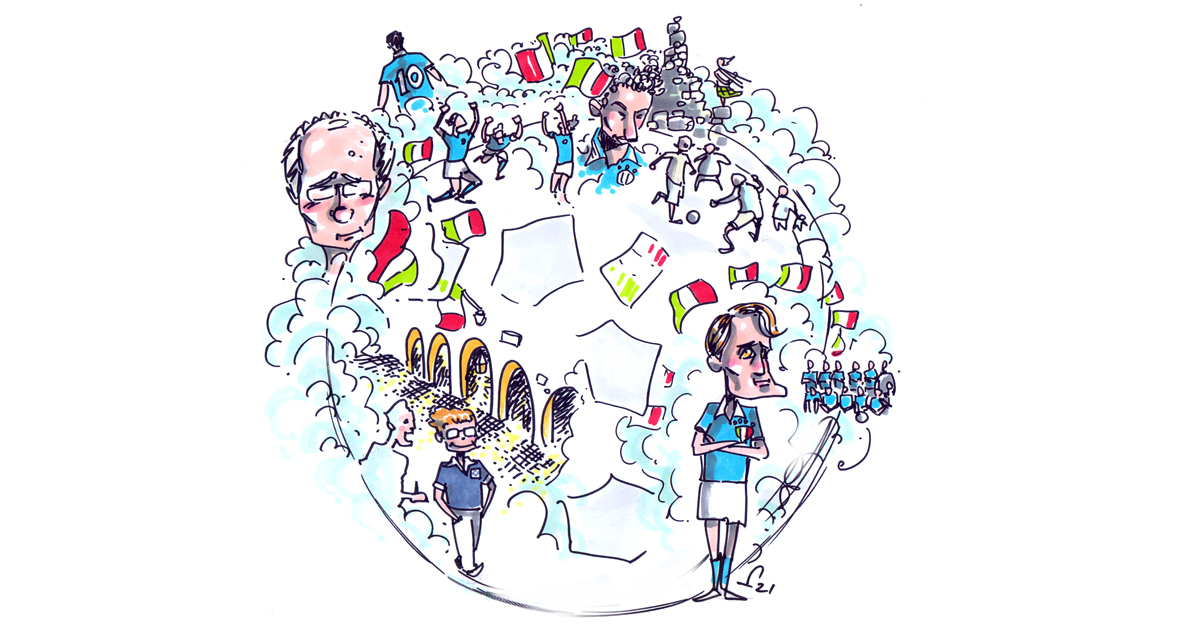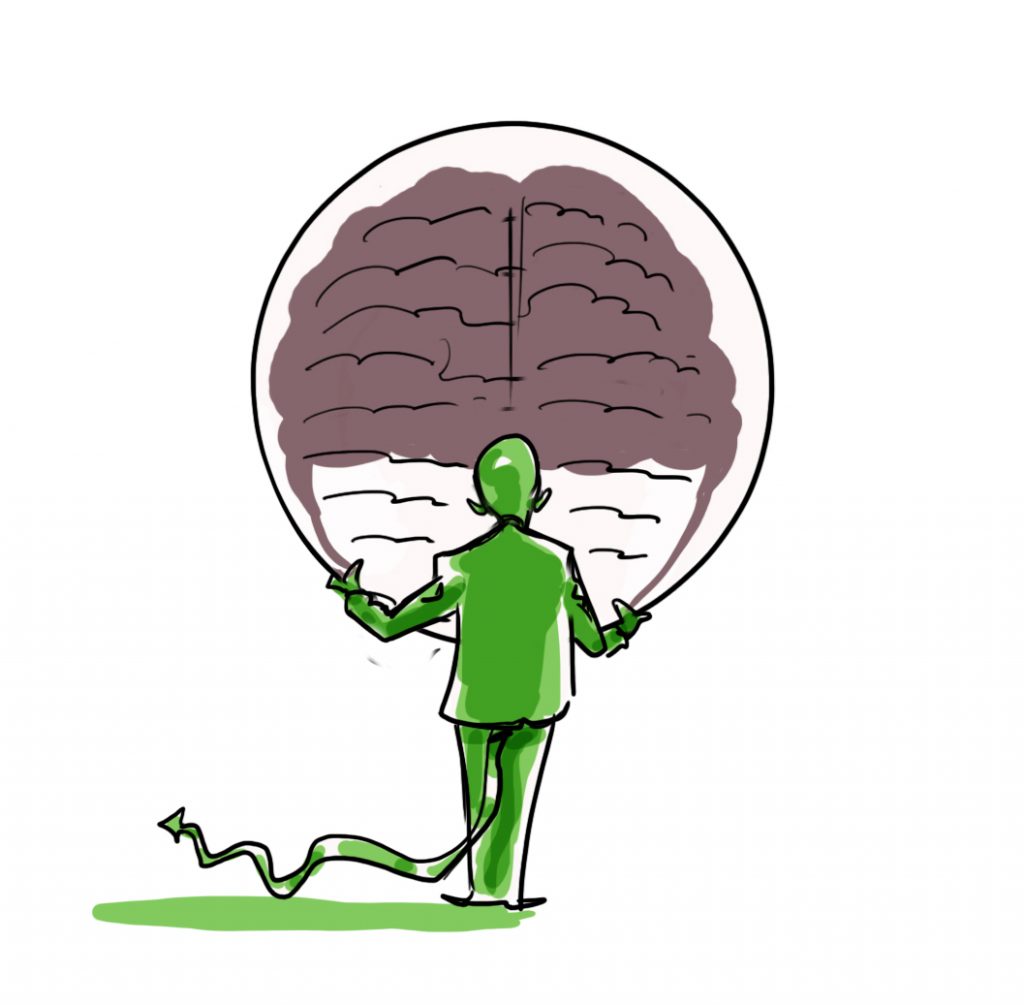This weekend, in Rome, Euro21 kicks off. It’s the first time a major tournament has been hosted in the Bel Pease since the iconic Italia90.
Big tournaments, the big games, are marker poles for most guys. Like the classic albums. The soundtrack of our lives. A timestamp of our fandom.
That very tournament, for many of my generation, is “Dark Side of the Moon“. Perhaps, the last hurrah! for a culture of football, pre Murdoch and Berlusconi.
This isn’t a story about super leagues and business models.
It is simply a tale about those years, for me, and for football. Yes, it’s pure nostalgia.
Football was run differently in those days. Celebrity wasn’t so in vogue, money was good but not obscene, and obscure technocrat coaches abounded in the Federations around the world.
Like a Howard Wilkinson, Dave Sexton or Andy Roxburgh, Italy’s Azeglio Vicini had that geography-teacher anti-charisma type of way.
Mourinho was still a translator.
Pep was already overthinking things.
Conte was already going bald and I shudder to think what Klopp was getting up to at that age.
Our story starts in 1986.
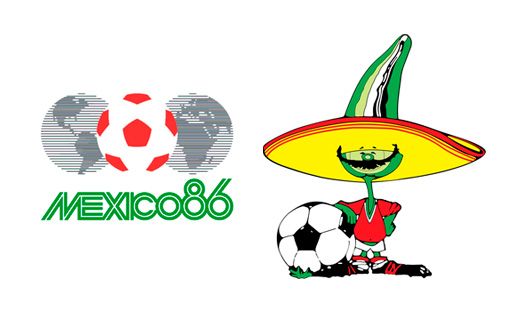
Mexico86 was, when all was said and done, a very disappointing World Cup. Unless you were Argentinian, or English, it’s unlikely to be remembered.
My own Scotland had, for the fourth time in a row, taken an exceptionally strong squad to Mexico 86. Gough, Narey, Miller, McLeish, Nicol, Malpas (and Hansen) were once what this country had available for selection in the back line, to whomever was lucky enough to be manager. Can you imagine? Chilling, when you see the backline we will have this summer. WTF happened?
Classically, despite being drawn in the infamous Group of Death, the squad – led by a young Alex Ferguson – had all of us full of hope. Again. Yet, even the to-be-knighted Aberdeen manager could make errors. If ever there was a carpe-diem strike partnership, it should have been, in that sticky summer, a delicious overdose of Glasgow gallus, represented by Charlie Nicholas and Frank McAvennie. Both hotter than July, that season. Goodness knows why Sturrock was preferred to Frankie-boy, albeit very fine player that he was. Sir Alex, probably, regrets that error to this day.
So we lose to Denmark, to West Germany (after leading), and can’t beat a Uruguay team in 10 men for 85 minutes. Once again, for a fourth time, a Scotland squad realistically capable to getting to a semifinal, massively, massively underachieves.
Painful, but truthfully, we were by then getting used to it, with a few of us already withdrawing some of the emotional capital invested in the SFA. That process would turn into The Big Short in later years.
The Vicini years
Italy, the World Champions, went through the motions of defending the trophy in 86. The team was, as a matter of fact, done. It had given, magnificently, what it had to give 4 years earlier, when it thrilled so many. The 3-2 defeat of Brazil still represents for me the greatest game I’ve ever seen. Mexico was thus always going to be reheated porridge, but it was, nonetheless, a huge downer for my June 1986. Morrissey and the Smiths were in vogue. Appropriate.
And it was clearly also enough for the Italian FA, who rushed to appoint a new manager to replace the sainted Enzo Bearzot. Here open my Vicini Years.
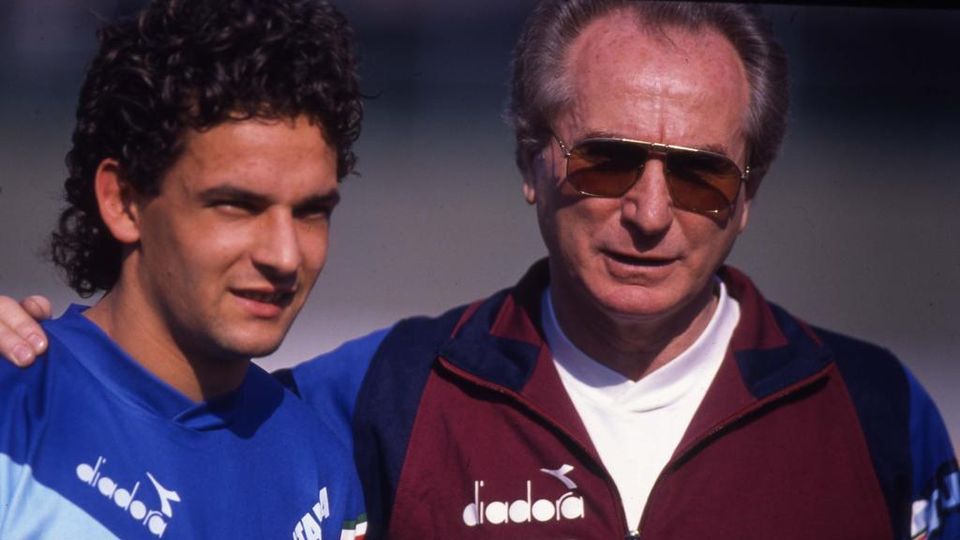
Azeglio Vicini e Roberto Baggio
He was appointed in autumn 1986, and his journey accompanied, on a parallel track, my own adventure. A period that would shape my life in every way possible.
Glasgow and Scotland had been very good to me, affording a splendid and happy childhood. There is something very memorable about playing street football with good mates in broad daylight at 1030pm in Paisley. But, simply, at 21 years old, it was time to leave. I just knew, and I intended to follow my business career in PWC Italy. New country, new culture, new language to learn.
As I sit here writing this in Como, I can trace it all back to that year.
Bologna: the place where I saw the rebirth of the Azzurri
As fate would have it, on October 8, only my second day in Italy, Bologna was the venue for a friendly, where Italy played Greece in Azeglio Vicini’s first game. For someone used to a fixed national stadium, the idea of the team visiting different cities, my own new city, I found electric. National stadia are a nonsense.
Bologna is a wonderfully colorful and warm city, famous for the friendliness of it’s people, more than willing to indulge the mistakes of a quirky foreigner from Highlander (a Scottish tourist board film of that year). Luckily I found learning the language comfortably approachable, undoubtedly turbocharged by a thirst to understand what they were saying in the sports papers, and at the watercooler.
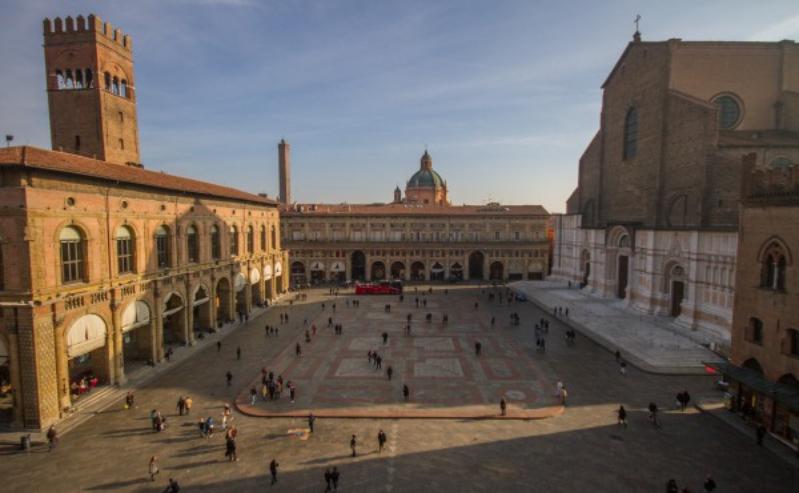
Bologna, Piazza Maggiore
Vicini already had a jury fully out. Who really were these kids: Vialli, Mancini and Donadoni? I hurriedly joined the frantic study to keep up, to have conversational small talk, dictionary in hand, in Piazza Maggiore, in order to work out how the coach would practically blood his successful U21 team and prepare for the World Cup four years later in Italy. How Maldini and Giannini would be introduced. To this day, I specifically remember reading an article speculating on how Dario Bonetti would be eventually replaced by Riccardo Ferri, and how that Bologna would be his last game.
(For those who believe in crazy connections, many years later, on the afternoon of Sept 11, 2001, I’d be sitting in Dario’s office in Dundee watching the towers fall!!!).
Back to my Italian roots
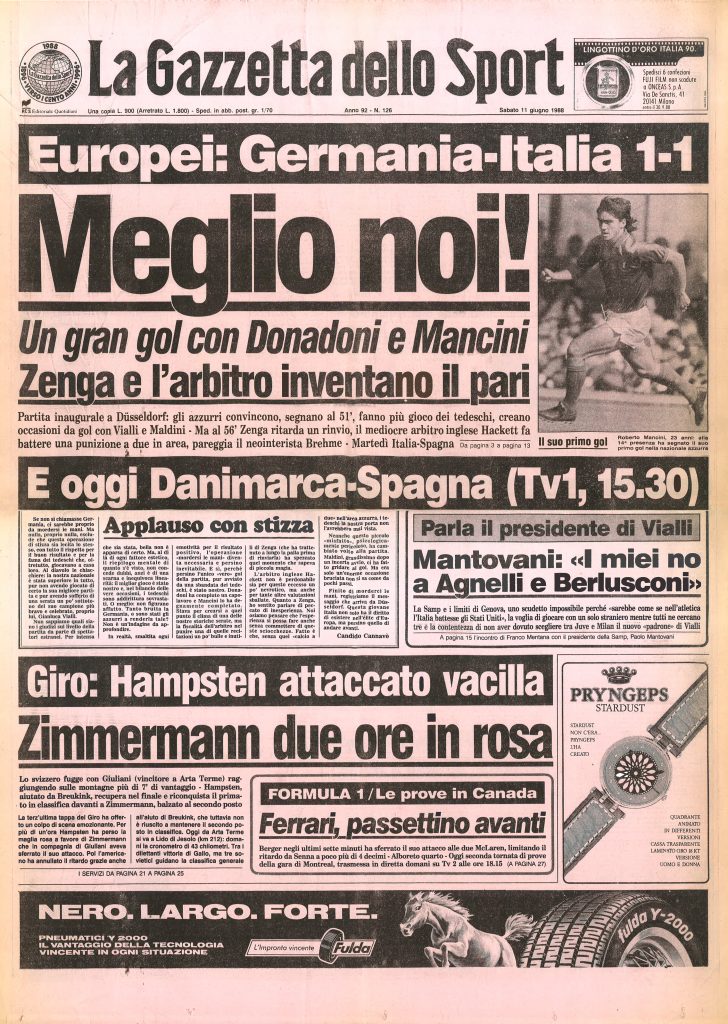
Italy’s main sports newspaper – La Gazzetta dello Sport
I had had some experience of Italy as a boy, spending many school holidays in the hills above Lucca at my Italian grandparents home. However, I had never seen Barga in the winter. Therefore, with Christmas 86 greetings to impart, it seemed a good idea to take the train from Bologna, across the Apennines, that first weekend in December.
“I’ll see Vicini’s next game in Malta there on the TV“, I said to myself. “I won’t be bored“.
The trains needed were 4, not 1, in a solitary Henry James type experience of rail tracks through fog-bound hamlets.
In hindsight, it was indeed a truly memorable journey, accompanied by my Gazzetta and dictionary. I studied the tactical role Giannini would play that day and thru the years, climaxing in Italia90, beautifully inked in the way only that pink paper can. By the way, Ferri did replace my future Dundonian in Valletta, and Dario never played again.
In those days, the sports journalists were truly in the know and central. Japan didn’t have any female tennis players.
My spoken Italian was by now more than acceptable, albeit coloured by, I’m told was, a ridiculous Bolognese accent and assorted colloquialisms from that generous city.
Try making a surprise visit to emigrant grandparents, where you can for the first time speak to them in their own language, in their birth town, and see what happens. That reaction remains one of the most vivid memories from the Vicini Years, certainly more so than the dull 2-0 victory for his team that day.
Giannini was, however, clearly a player!
The 1988 summer in Germany
In the following 18 months Vicini shaped his team, as much as Italy and Bologna shaped my life. For him players, for me, lifelong friends, like Davide.
He (Davide) and I decided to spend that 1988 summer in Germany to follow Vicini’s team. Cologne, Stuggart, Munich over 10 days at the Euros. We had sufficient chutzpah to infiltrate team hotels, and hangout with the press and Gigi Riva. A fine time was had, and an excellent tournament enjoyed, with a team clearly being trained to peak 2 years later.
You know, that kid Maldini clearly had a future!
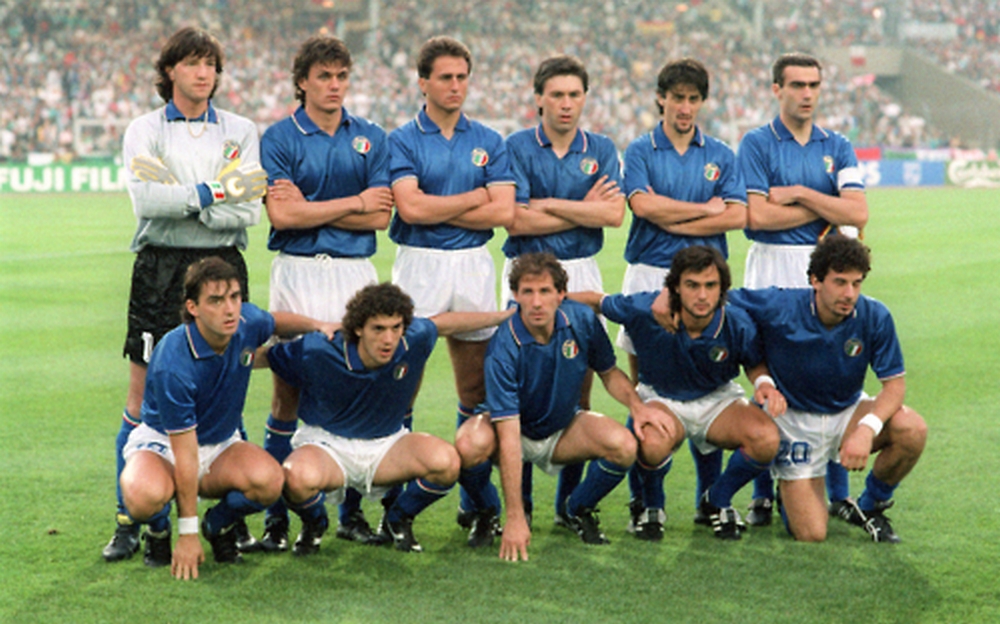
Euro88 – Semifinal – Italian formation VS USSR
Excellent as Italy were, they fell to a Russia team that, on the night, exposed us to something now considered normal. A high pressing game. Truly jaw-dropping at the time, executed with Soviet discipline. It was perplexing.
In the traditional Italian school of football, the prevailing culture had always been around individual match-ups. Two man markers, a sweeper, an attacking fullback (usually left side), a sitting midfield, a playmaker, a box-box midfielder, a winger with defensive duties, a centre-forward, and a no 10. Specific individual responsibilities. No zonal, no counter press, no xgoals. Just whether you were more effective than your direct opponent. And whether the coach’s tactics, using those pieces and their interconnected sacrifices, were grandmaster quality.
That, folks, was Italian football. And for many like me, sadly missed it is. It was football with specialist skills. Such that, when they asked you where you played, for a bounce game, and you answered “midfield”, they looked frustrated. “That’s not enough info, Roger“.
Russia in Stuttgart probably changed the course of the Italian school. Arrigo Sacchi would see it, with his little note pad, and would develop a conviction that would shape European football in the 90s to this day.
But not quite yet! Vicini had still to finish his Italia90 opus. And I had to finish my own diary.
Italia90 and the Notti magiche
I returned for a life as an investment banker in London in 1989. Like everyone, I missed Bologna, I missed Italy.
The good news was Italia90.
Luckily, Scotland qualified, but the music had changed. The decades of decline had started, as any cursory glance at that squad would gently, but harshly, reveal.
Still, it was the World Cup, it was Genova, it was a summer of sun and great food, where for me, football, really was coming home.
By now, I had started covering Italian football as a part time journalist for Sky, BBC, and the London papers. I was a hack. I knew stuff. Looking back at those old photographs now, is like a year book of people who would become important in the sports media industry. They were about to explode with the invention of the Premiership: Inverdale, Tyler, Hansen, Souness were all work colleagues.
Channel4 won the rights to SerieA and would ask to see “my tapes”, which I dismissed as trivia about my hobby. Years later, a senior Channel4 executive and BBC broadcaster – Stuart Cosgrove – would tell that they were serious. James Richardson was chosen, and rightly so. But who knows? Maybe the AYNE podcast is merely unfinished business.
What a great summer, when the soundtrack back home was Nessun Dorma. In Italy, the Vicini Years are remembered as the Notti Magiche (Magic Evenings) from rockers Bennato/Nannini. Never has a song so described a summer, like in 1990.
Scotland, of course, in classic tradition, teased with a good win against Sweden in the second game, to compensate a wretched loss to Costa Rica in the first. But, obviously they then lost in the last minutes to Brazil in a miserable night in Turin. A fairly dismal effort from a team that, for the first time since 1974, clearly were just “also-rans”.
We were all going home.
Before I did, I went to see old mates in Bologna, and took in Yugoslavia–Colombia in my old stadium. Davide and I travelled by motorino to the game, where on the bike he casually told me he was getting married, and hurriedly, for obvious reasons. And I needed to attend.
Meanwhile, in the Italian islands, where England had been banished for fear of violence, a separate story was developing around a crazy Geordie called Gascoigne, and a splendid gentleman coach in an iconic grey suit. This was a fine England team with talent like Waddle, named always by Maldini as one of his hardest ever opponents. But, for England, football will always be a game played for 120 minutes, where the Germans ultimately win. Waddle missed the penalty. Gazza however would soon come back to the amazing country that is Italy, tears and all. Another story.
Vicini’s local team were instead there to win the damn thing. Destined to win. It had been constructed perfectly in the previous 4 years, with even the outrageous fortune to have a young Baggio explode a few months earlier. Italy were easily the best team. Brazil were weak, as was apparent versus Scotland. Holland eliminated by Jack’s Fighting Irish, Argentina had Diego and precious little else, Germany were still Germany, nevertheless unthreatening.
And yet, sport doesn’t do “scripted”.
There was a final variable to upset the inevitable. “Oh no, not the plot twist”, as today’s kids say.
Anyone who has ever visited Naples, even today, will know this. The city may reside on the Italian peninsula, but its sovereignty belongs to Diego. It is, indeed, his city.
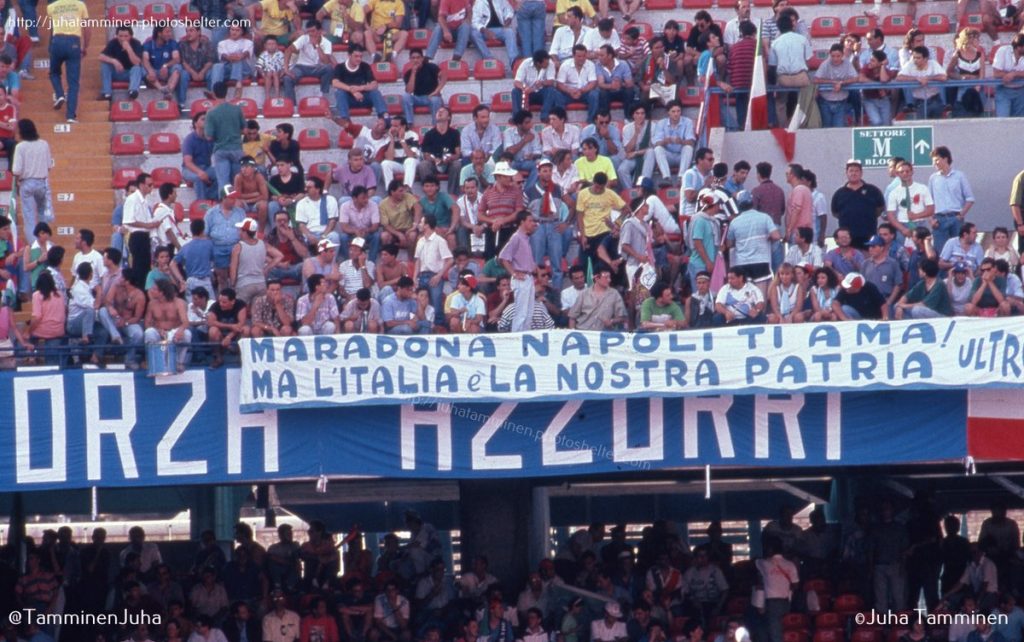
“Maradona, Naples loves you. But Italy is our homeland”
Fate dictated that the only time Italy did not play their game in Rome that tournament was in the semi, of course, in Naples, against Argentina. A city torn in two. Unimaginable tension around the game. All to the disadvantage of Vincini’s clearly superior team.
Italy exited on penalties, conceding their only goal of the tournament to a shocking goalkeeping error by Walter Zegna; a mistake regularly used to taunt the goalkeeper to this day. “You lost us a World Cup Walter….”. Utterly brutal.
How’s about that for mental health, Osaka?
It just wasn’t to be. Yes, perhaps selecting Baggio would have made a difference. I doubt it. Vicini was destined to lose finals and semifinals. He just didn’t have winner eyes. Remember that geography teacher?
The pain in Italy was immense. I myself, watching back in London, felt a physical sense of vacuum that night and, frankly, I couldn’t tell you at all what had happened in the final. In fact, I knew, in some subconscious way, that the curtain call of that World Cup was the closing of that period in my life. And I was scared of the next unknown chapter. I was 25.
The Vicini Years of course had an epilogue. The diary’s final entry.
I did, of course, go to that wedding, in Ferrara, in late Summer. I met Davide’s sister. We have been married for 22 years.
So, when I see Roberto Mancini on that bench Sunday, I will remember more his years in Bologna, his wonderful talent as a player (Dalglish with better hair); but, mainly, his role in my Vicini years.
Listen to our “Are you not entertained?” sports management podcast here.
To find out what we do in change management, have a look here.
For our C-suite management services, read here.
Here you can know more about our content development work.
Discover our Corporate Learning service.
If you are interested in our own story, check us out here.

